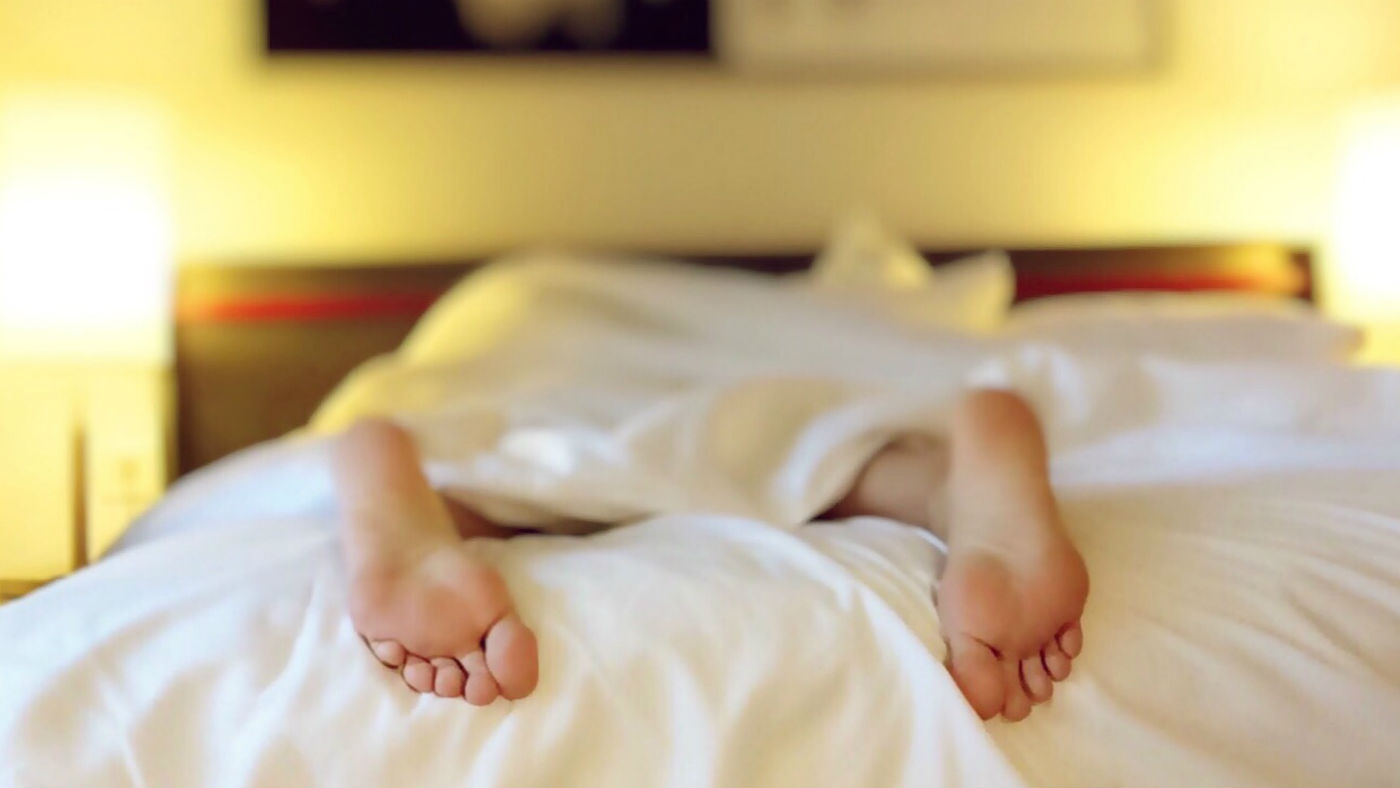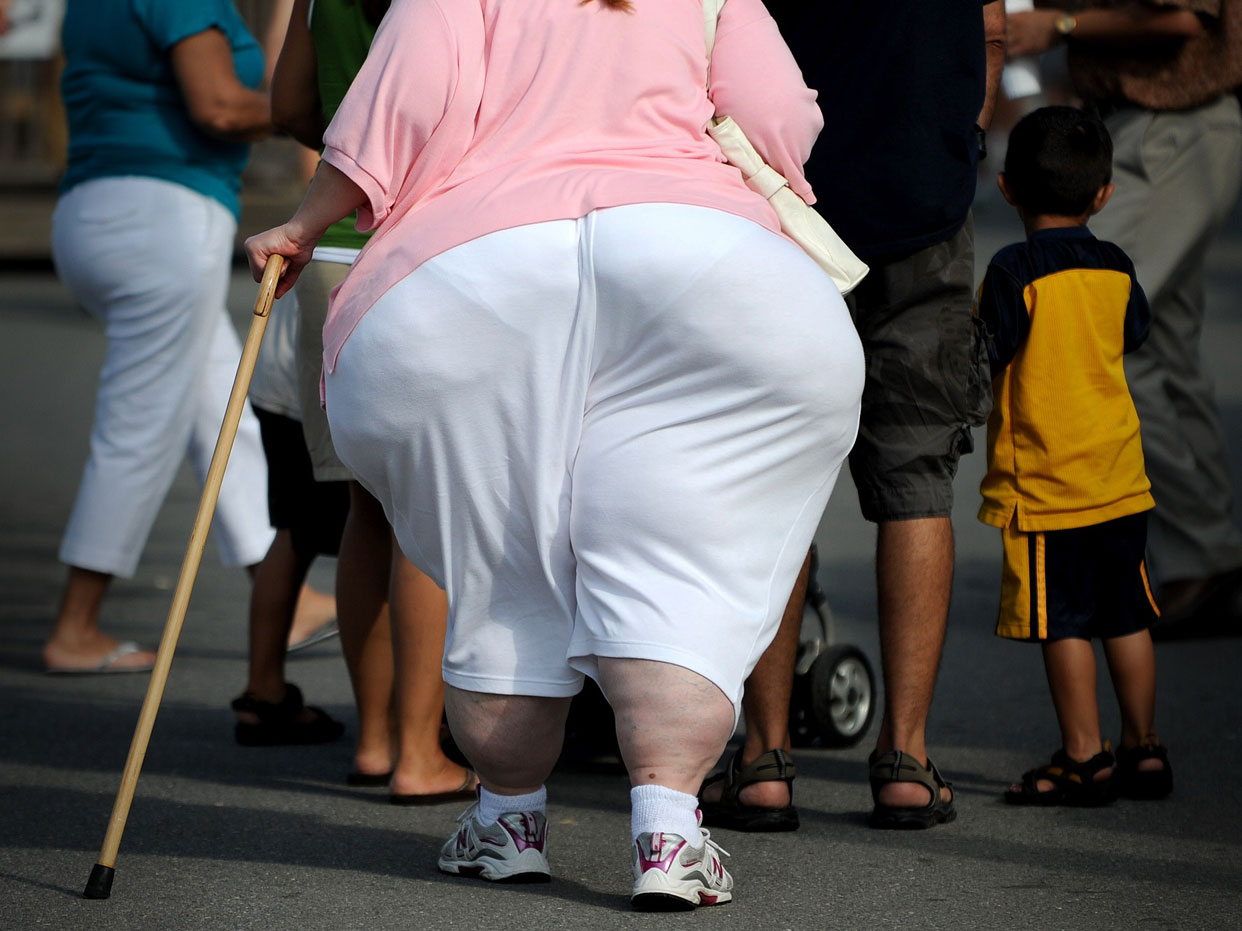Can lack of sleep make you fat?
New study suggests just one sleepless night can make your body store extra fat

A free daily email with the biggest news stories of the day – and the best features from TheWeek.com
You are now subscribed
Your newsletter sign-up was successful
A study in Sweden has shown how a lack of sleep can make your body store extra fat and break down muscle.
Researchers at Uppsala University took fat and muscle samples from 15 healthy men, once after a good night’s sleep and once after they stayed awake all night.
“After the sleepless night, the participants’ muscles showed signs of protein breakdown. Their fat tissue, in contrast, had elevated levels of proteins and metabolites that are involved in promoting fat storage,” reports the New Scientist.
The Week
Escape your echo chamber. Get the facts behind the news, plus analysis from multiple perspectives.

Sign up for The Week's Free Newsletters
From our morning news briefing to a weekly Good News Newsletter, get the best of The Week delivered directly to your inbox.
From our morning news briefing to a weekly Good News Newsletter, get the best of The Week delivered directly to your inbox.
“Staying awake all night also appeared to change the expression of several genes in fat tissue that are associated with obesity and type 2 diabetes.”
Jonathan Cedernaes, an author of the study, published in Science Advances, said it helped to explain why insomniacs and shift workers are more likely to become overweight or suffer from type 2 diabetes. A lack of sleep appears to restrict hormones that maintain muscles and increase levels of cortisol, which encourages fat storage.
Cedernaes’s team are looking into whether certain foods or exercise regimes could help to reverse these effects.
“It may be the case, for example, that eating protein-rich foods or doing resistance training might reduce the risk of muscle degradation,” he says.
A free daily email with the biggest news stories of the day – and the best features from TheWeek.com
Another 2016 study by the University of Chicago found that, after cutting its participants’ sleep from 8.5 hours to 4.5 hours, they were more likely to reach for junk food the next day.
Dr Erin Hanlon, one of the leaders of the study, said having enough sleep makes it easier to control yourself when you see unhealthy food.
“But if you’re sleep deprived, your hedonic drive for certain foods gets stronger, and your ability to resist them may be impaired. So you are more likely to eat it. Do that again and again, and you pack on the pounds,” she said.
-
 Why is the Trump administration talking about ‘Western civilization’?
Why is the Trump administration talking about ‘Western civilization’?Talking Points Rubio says Europe, US bonded by religion and ancestry
-
 Quentin Deranque: a student’s death energizes the French far right
Quentin Deranque: a student’s death energizes the French far rightIN THE SPOTLIGHT Reactions to the violent killing of an ultraconservative activist offer a glimpse at the culture wars roiling France ahead of next year’s elections
-
 Secured vs. unsecured loans: how do they differ and which is better?
Secured vs. unsecured loans: how do they differ and which is better?the explainer They are distinguished by the level of risk and the inclusion of collateral
-
 Tirzepatide and the other ‘breakthrough’ obesity drugs
Tirzepatide and the other ‘breakthrough’ obesity drugsfeature Huge demand for weight-loss medication means prices have soared
-
 Headband can put an end to nightmares
Headband can put an end to nightmaresfeature And other stories from the stranger side of life
-
 The Week Unwrapped: Russian visas, Arab fattism and quiet quitting
The Week Unwrapped: Russian visas, Arab fattism and quiet quittingpodcast Is Finland an unwilling backdoor to Europe? Has fat-shaming reached the Middle East? And are young workers really slacking off?
-
 The Week Unwrapped: Twitter vs India, digital amnesia and sleepless nights
The Week Unwrapped: Twitter vs India, digital amnesia and sleepless nightspodcast Why is the Indian government suppressing social media? Have we given up using our memories? And why are so few of us getting a good night’s sleep?
-
 Home Office worker accused of spiking mistress’s drink with abortion drug
Home Office worker accused of spiking mistress’s drink with abortion drugSpeed Read Darren Burke had failed to convince his girlfriend to terminate pregnancy
-
 ‘The Tories will stick with the devil they know’
‘The Tories will stick with the devil they know’Instant Opinion Your digest of analysis from the British and international press
-
 In hock to Moscow: exploring Germany’s woeful energy policy
In hock to Moscow: exploring Germany’s woeful energy policySpeed Read Don’t expect Berlin to wean itself off Russian gas any time soon
-
 Were Covid restrictions dropped too soon?
Were Covid restrictions dropped too soon?Speed Read ‘Living with Covid’ is already proving problematic – just look at the travel chaos this week